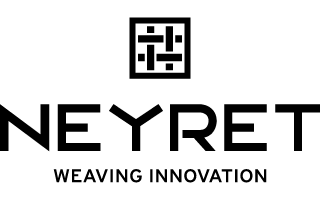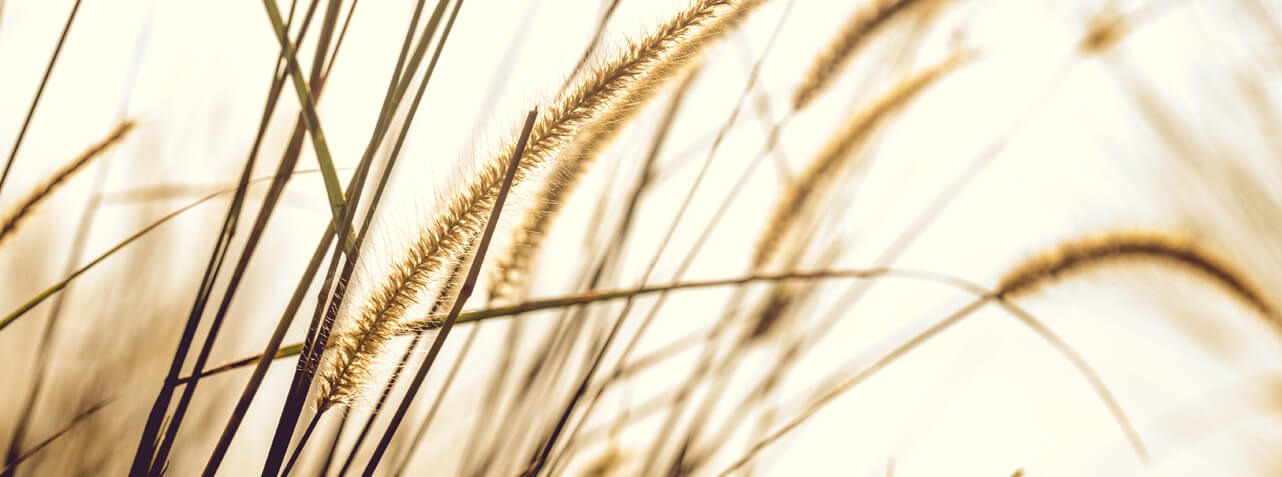There are 3 families of fibres : which will be your choice ?
NATURAL FIBRES
Used in their natural state, requiring no chemical transformation.
Of vegetable origin : flax, jute, hemp, cotton…
Of animal origin : wool, cashmere, angora, silk…
ARTIFICIAL FIBRES
Manufactured from natural raw materials that have been transformed chemically.
Viscose (wood cellulose), Greencel, Lyocell, Cupro…
SYNTHETIC FIBRES
Derives from molecules not naturally occurring in nature that have been chemically synthesised in a man-made process.
Polyester, polyacrylic, aramid (kevlar), polyamide (nylon), elastane (lycra)…
Organic cotton
The cultivation of organic cotton protects drinking water from the pollution caused by chemical products.
Natural vegetable fibre
Cultivated without the use of GMOs, and free of pesticides and insecticides
Cultivated more than 20 different countries, including Turkey, China, India, and the United States
Due to non-use of chemical or toxic products, cultivation is less polluting, and safer for farmers
Water consumption is considerably reduced compared to conventional cotton (often irrigated).
Biodegradable
Tencel ™
With a half acre of eucalyptus forest, it is possible to produce a tonne of Lyocell fibre,
which is a fifth of soil/production ratio of cotton, for example.
Artificial fibre
Production in an enclosed circuit without the use of chemical substances, other than a non-toxic solvent that is 99% recovered.
Manufactured in many different countries (Austria, UK, USA) from PEFC or FSC certified eucalyptus wood mainly from Southern Africa, but also based on woods from European forests
An ecological, low-environmental impact manufacturing process, a very efficient fabric from the point of view of space used
Eucalyptus is fast-growing tree and does not consume much water. European forests are selfsufficient in water.
Biodegradable
Recycled polyester
Recycling one tonne of PET bottles would enable the saving more than 600 kg of oil.
Synthetic fibre
Manufactured from a polymer derived from the reprocessing of plastic bottles using a mechanical (rather than a chemical) process.
Manufactured in Europe (Italy)
Minimises environmental impacts due to plastic bottle waste (giving a second life to waste products).
The production of 1 kg of recycled de polymers consumes 94% less water than the production of 1 kg of virgin polyester
Recyclable many times
Greencel
Greencel is manufactured from wood pulp, a natural material that can be dissolved once again, for recycling or for re-use.
Artificial fibre
98% of the acetone used for dissolving the cellulose is recovered.
Manufactured in Spain. The wood pulp used in the manufacturing process is entirely sourced from suppliers that use sustainable methods, FSC, PEFC, and SFI certified
A clean manufacturing process that re-uses waste
Virtually no water is involved in the production process (only 3% of the materials used is water).
Biodegradable
Flax
France is the largest producer of flax in the world. 1 hectare of flax retains in one year 3.7 tonnes of CO2.
Natural vegetable fibre
In its cultivation and transformation, the European flax business involves 10,000 businesses in 14 countries of the E.U.
Cultivated mainly in Europe and above all in the north of France (Normandy).
The conventional cultivation of flax requires very few added products (fertiliser, phytosanitary products) and it is also organically grown
0 irrigation (rainwater is sufficient)
Biodegradable








